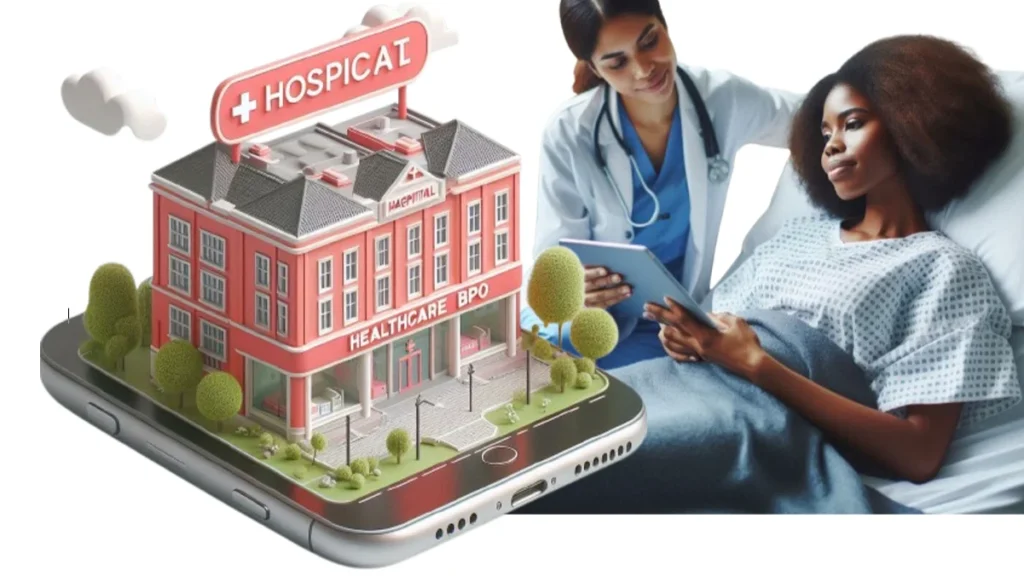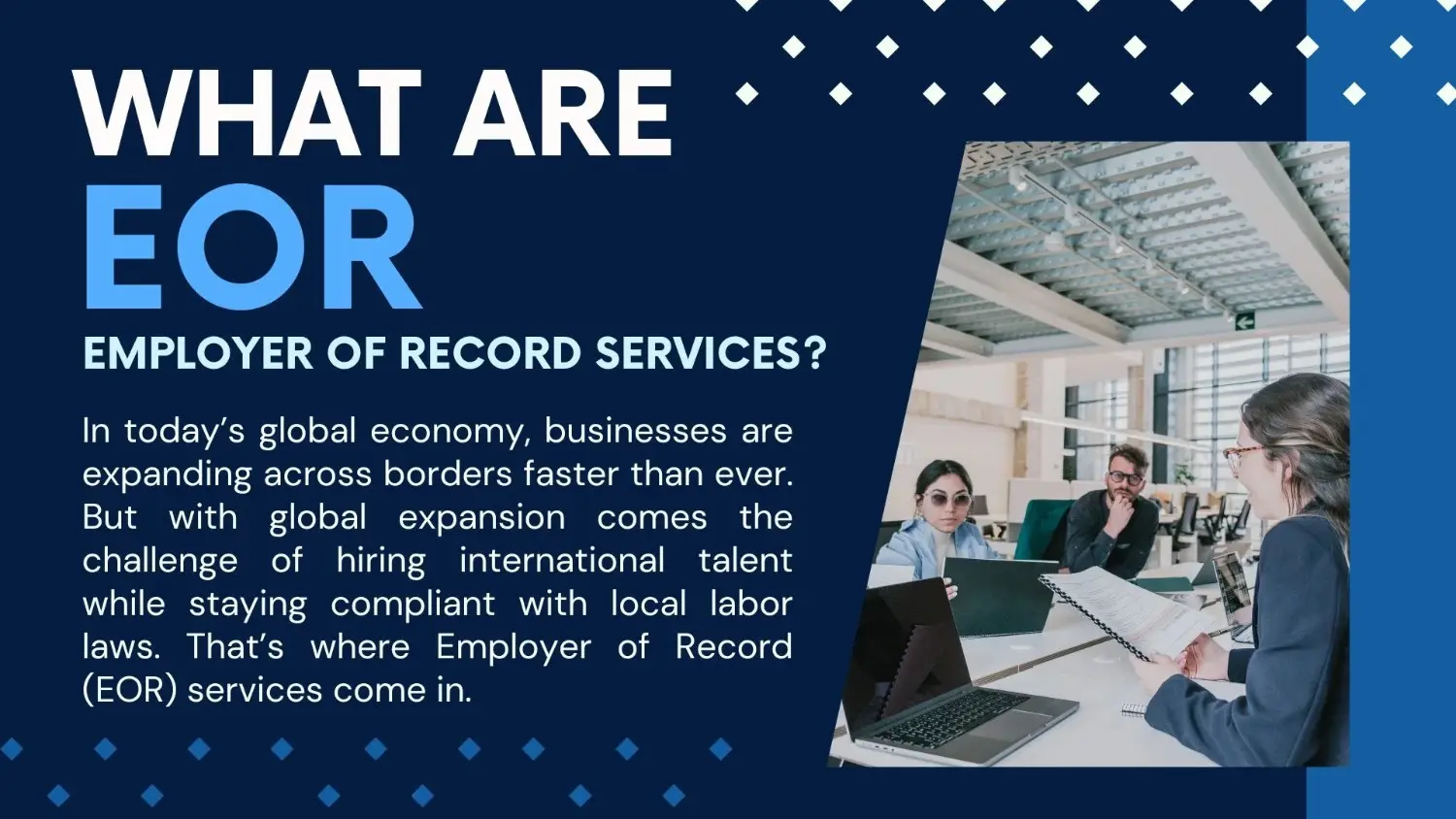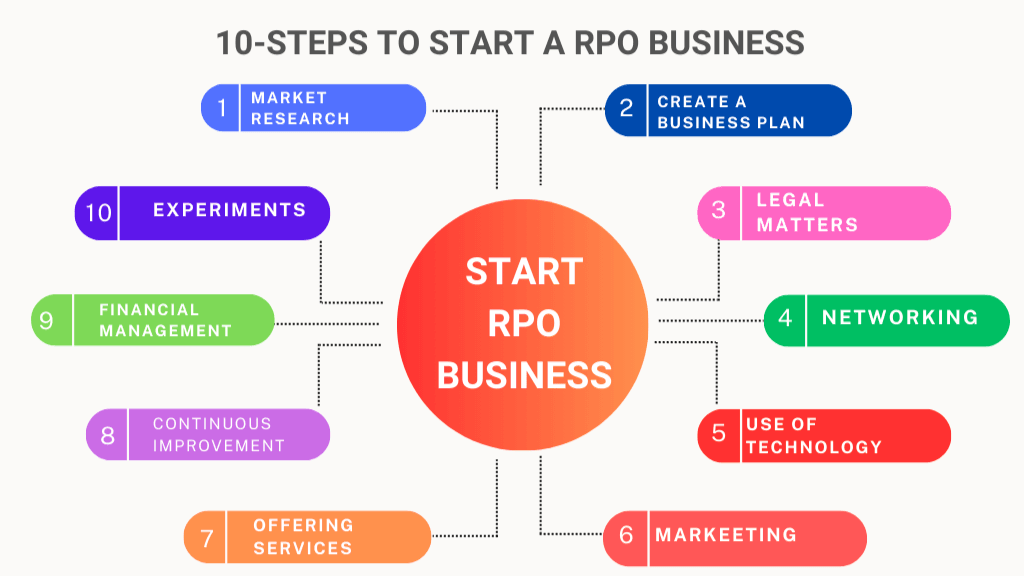
Table of Contents
ToggleWhat is meant by Healthcare BPO?
At Healthcare BPO (Business Process Outsourcing) we talk about healthcare organizations. In this, organizations decentralize or outsource their support operations to specialized and experienced experts with specialized experience. Among the many processes taking place in the health sector, it helps to improve operational efficiency and use flexible resources. Healthcare BPO aims to provide quality services, reduce costs, and improve the overall quality of patient care. This allows organizations to focus on clinical services, while BPO providers handle administrative and technical tasks. This approach is particularly beneficial for complex and variable health systems, where accuracy and speed are essential. With healthcare BPO, organizations can leverage advanced technology, expert expertise, and innovative practices, giving them a competitive edge.
Top 10 Services in Healthcare BPO
- Medical billing
- Clinical data entry
- Patient support services
- Revenue Cycle Management
- Research and analysis
- Information Technology Services
- Documentation and record maintenance
- Support Services
- Telehealth services
- Customer service and help desk
Role of Technology in Healthcare BPO
At Healthcare BPO we can better understand the needs of patients with the help of latest technology. We can say that the role of technology in healthcare BPO is very important, as it creates flexibility in service delivery to increase process efficiency. These technologies bring innovation to the healthcare system, improving patient experience and outcomes.
We would like to share with you some important points that may explain this further:
- Use of data analytics
- Cloud technology
- Artificial Intelligence (AI)
- Telehealth services

Data analytics in healthcare BPO is used to analyze patient information and performance of healthcare services. With its help, institutions can better assess the health status of patients and provide services according to their needs. Data analysis enables the identification of trends, which can improve healthcare strategies. Additionally, it is helpful in predicting long-term health outcomes. As a result, healthcare services become more efficient and patient-centered.
Cloud technology in healthcare BPO
With the healp of cloud technology, healthcare organizations can keep their information secure and accessible. This technology enables better collaboration between different systems, giving staff instant access to patient information. Cloud-based solutions also reduce costs, as organizations can avoid spending on hardware. In further explanation, let us explain that cloud systems provide the facility of data backup and replication in the healthcare industry, so that patient data is also provided with security and risk management facilities and guarantees the safety of their personal data.
Artificial Intelligence (AI) in healthcare BPO
Artificial intelligence has made its way into healthcare to bring more flexibility to healthcare operations and patients. And their disease can be easily understood. It plays an important role in accelerating decision making and efficient service delivery in BPO in healthcare. With the help of AI algorithms, it helps to diagnose the condition of the patients and can suggest specific strategies for their treatment. This technology processes large amounts of information quickly, providing better information to healthcare providers. The use of AI can also help improve the patient experience, reduce response time, and reduce the number of errors.
Telehealth services in healthcare BPO
Sometimes the patient may not be able to come and go from remote areas and in such cases consultation with doctors may be required and with telehealth services doctors can be consulted remotely. This can save both time and resources for the patient. We explain in particular that this technology can be particularly beneficial for patients from remote areas, where these services are often lacking. Telehealth provides a very important facility to healthcare BPOs in the delivery of health services, and can provide immediate support to patients. This technology increases the efficiency of healthcare systems and also improves their accessibility, especially in pandemic situations.
FAQs
Healthcare BPO aims to provide quality services, reduce costs, and improve the overall quality of patient care. This allows organizations to focus on clinical services, while BPO providers handle administrative and technical tasks.
- Medical billing
- Clinical data entry
- Patient support services
- Revenue Cycle Management
- Research and analysis
- Information Technology Services
- Documentation and record maintenance
- Support Services
- Telehealth services
- Customer service and help desk
We can say that the role of technology in healthcare BPO is very important, as it creates flexibility in service delivery to increase process efficiency. These technologies bring innovation to the healthcare system, improving patient experience and outcomes.
- Use of data analytics
- Cloud technology
- Artificial Intelligence (AI)
- Telehealth services
with telehealth services doctors can be consulted remotely. This can save both time and resources for the patient. We explain in particular that this technology can be particularly beneficial for patients from remote areas, where these services are often lacking.












